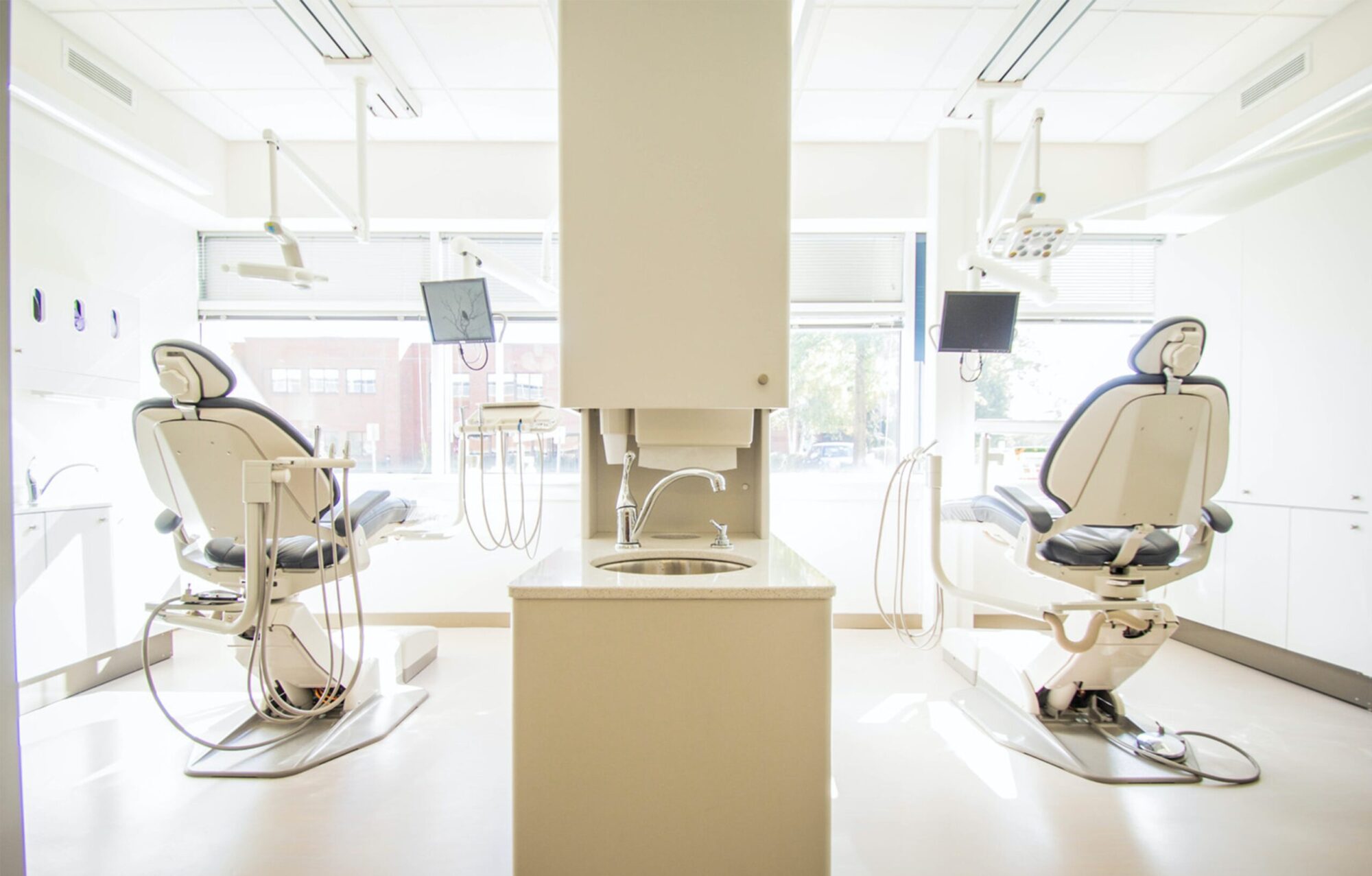Almost all Texas dental offices were temporarily closed for business for two and a half months when the stay-at-home order was in place from March to May. Some areas that were hit harder, like New York City and Seattle, were shut down for longer. For many, this has led to delayed check-ups and cleanings as well as delayed treatment of any existing cavities. To make matters even worse, quarantining and working from home has probably led to more snacking and sugary treats; and it may even have disrupted your oral care routine.
Here are a few Do’s and Don’ts to stay cavity-free during the pandemic. Keep in mind that though these tips will help prevent cavities from forming, it’s still very crucial to go to the dentist every 6 months. Regular dental visits ensure that those hard to reach areas can be properly cleaned, and gives your dentist the opportunity to address cavities that may have formed.
Do…



- Brush your teeth twice a day. It’s especially important to brush your teeth before sleeping to remove bacteria and plaque that collect on your teeth throughout the day. Cavities form when your mouth bacteria interact with sugar to form acid, which then starts the process of tooth decay.
- Floss every day. This removes food particles and bacteria that get stuck in between your teeth and under the gums. Flossing prevents cavities from forming between your teeth and prevents your gums from developing gingivitis or worse — gum disease.
- If you’re cavity prone, use ACT Mouthrinse as an added defense. This fluoridated mouth rinse oozes into those areas you can’t reach with a toothbrush or floss, giving you a better clean. It also provides a small dose of fluoride to help remineralize enamel that’s been damaged by the acid formed by your mouth bacteria and sugar. For more information about fluoride, read this research study showing the benefits of fluoride use to help recover demineralized enamel.
- Drink water frequently. Keeping hydrated has many health benefits, including oral health benefits. Not only does frequent water consumption flush out waste in your body, but it also removes external staining, bacteria, and sugar on your teeth. This means less cavities, less teeth staining, and reduced bad breath. If you drink coffee or tea regularly and want to avoid discoloration of your teeth, it’s a good idea to constantly drink water. This will help remove the superficial staining before it enters the dentin underneath your enamel, which is what causes yellow teeth.
Don’t…
- …lose track of your oral hygiene routine. With the current pandemic crisis, many people are working from home and thus don’t have a set schedule like before. Maybe we sleep and wake up later. Or maybe dinner and lunch have merged into a single meal. Our schedule has become anything but routine. Though our “new normal” is vastly different from before, it’s important to maintain good oral hygiene care to prevent cavities and gum disease from invading your oral health.
- …consume sugary drinks and food often. Sugar leads to plaque, which leads to tooth decay. Frequency of consumption is just as important as the type of food you eat. Slowly sipping on a can of Coke throughout the day is more harmful for your teeth than chugging that same can of Coke. This is because the bacteria in your mouth creates acid when exposed to sugar, which sticks onto your teeth for approximately 30 minutes after you eat or drink. Thus, constant snacking or sipping on sugary food and drinks restarts the acid-plaque production, increasing your vulnerability to cavities.
- …go to sleep without brushing your teeth. Residual plaque erodes the superficial enamel of your tooth, which starts the process of tooth decay. Going to sleep without brushing your teeth allows that plaque to create damage on your enamel for 6-8 hours while you sleep.
- …delay your dental checkup. There may be small, lingering cavities forming that need to be treated as soon as possible to prevent it from getting bigger and leading to more aggressive dental treatment. Almost all cavities are asymptomatic, meaning you won’t feel it until it’s too late. If your tooth starts to hurt, it means that the tooth decay has gotten so big that it has invaded your tooth nerve. At this point, a root canal may be required. Be sure to schedule your appointment, and if you’re worried about the pandemic, ask your dentist what safety precautions their office is taking!
For more questions about oral hygiene care and preventing tooth decay, visit BMEDental.com, or book your appointment today at
972-208-9998!




